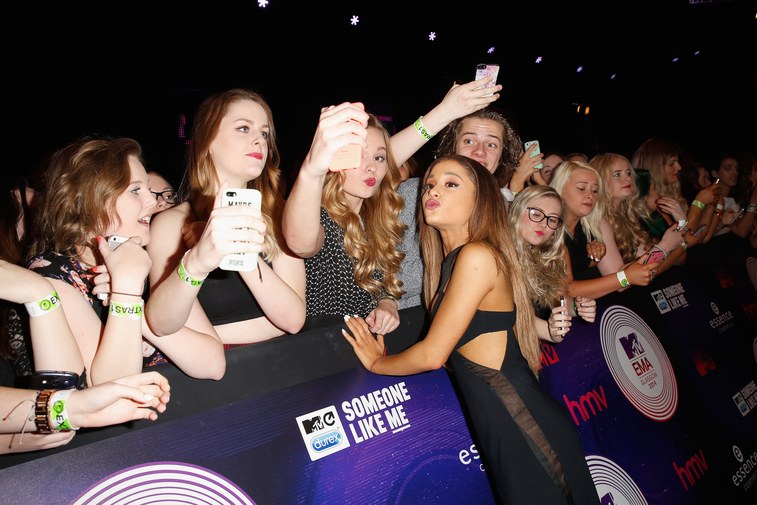Psychologists Say That Belonging To A Fandom Is Amazing For Your Mental Health
By Brianna Wiest
In May of this year, when the pop fandoms of One Direction, Camila Cabello, Shawn Mendes, Fifth Harmony, Demi Lovato, Justin Bieber, Selena Gomez and others came together to support Ariana Grande in the wake of the attack at her Manchester concert, it was a benchmark moment.
“Fandoms,” as they’ve grown to be called, are a group of people who all admire or support a particular entity in popular culture, usually in the case of television shows, book series, movies, artists or performers. Though the term could technically apply to other franchises – like sports – it’s typically reserved for actors, actresses, musicians, content creators and the like. Fandoms grew from the original term “fangirl,” which referred to outspoken female fans. In April of this year, Harry Styles lauded them, saying: “Teenage-girl fans — they don’t lie. If they like you, they’re there. They don’t act ‘too cool.’ They like you, and they tell you. Which is sick.”

